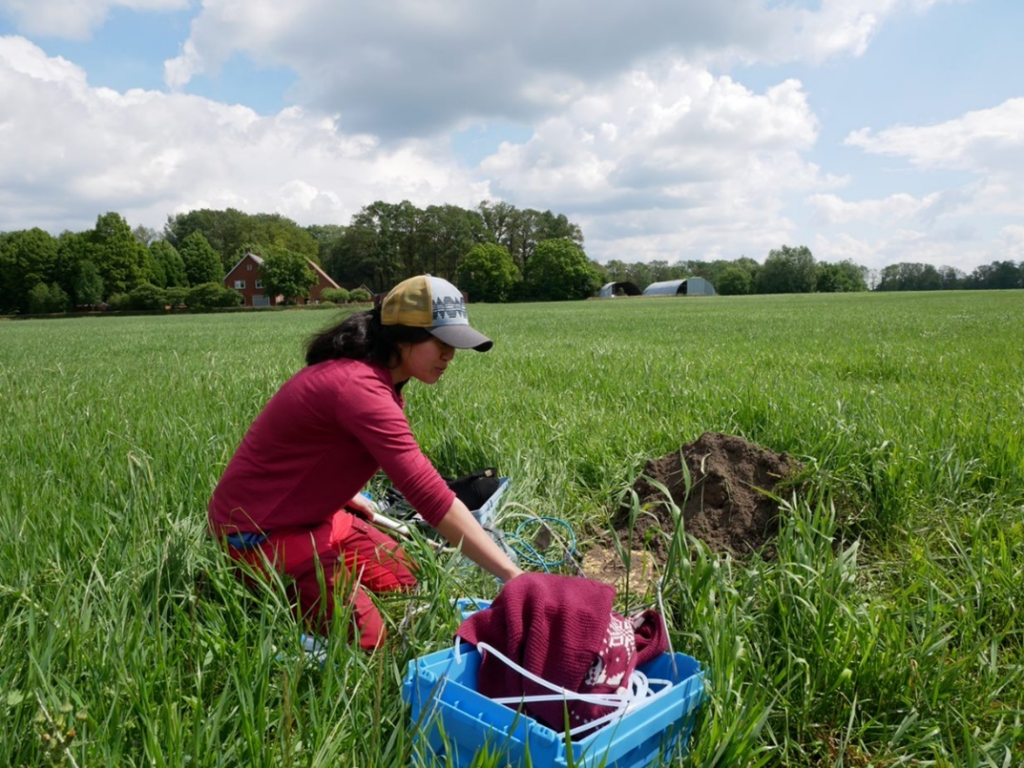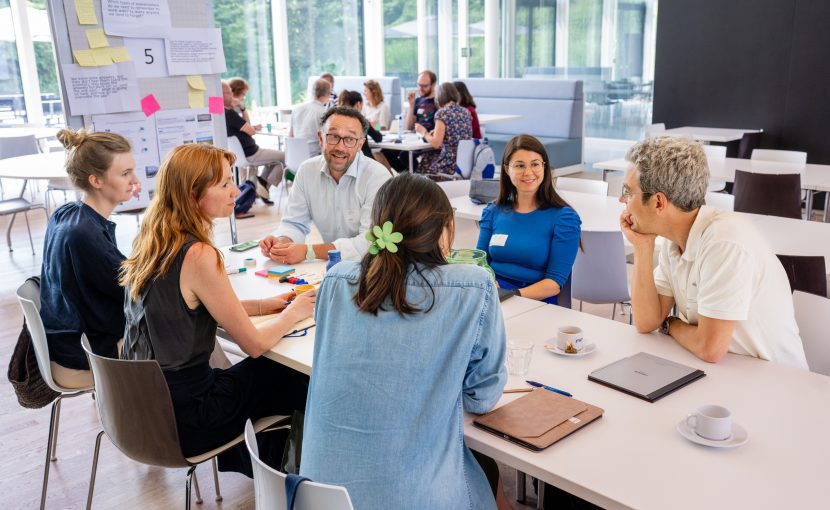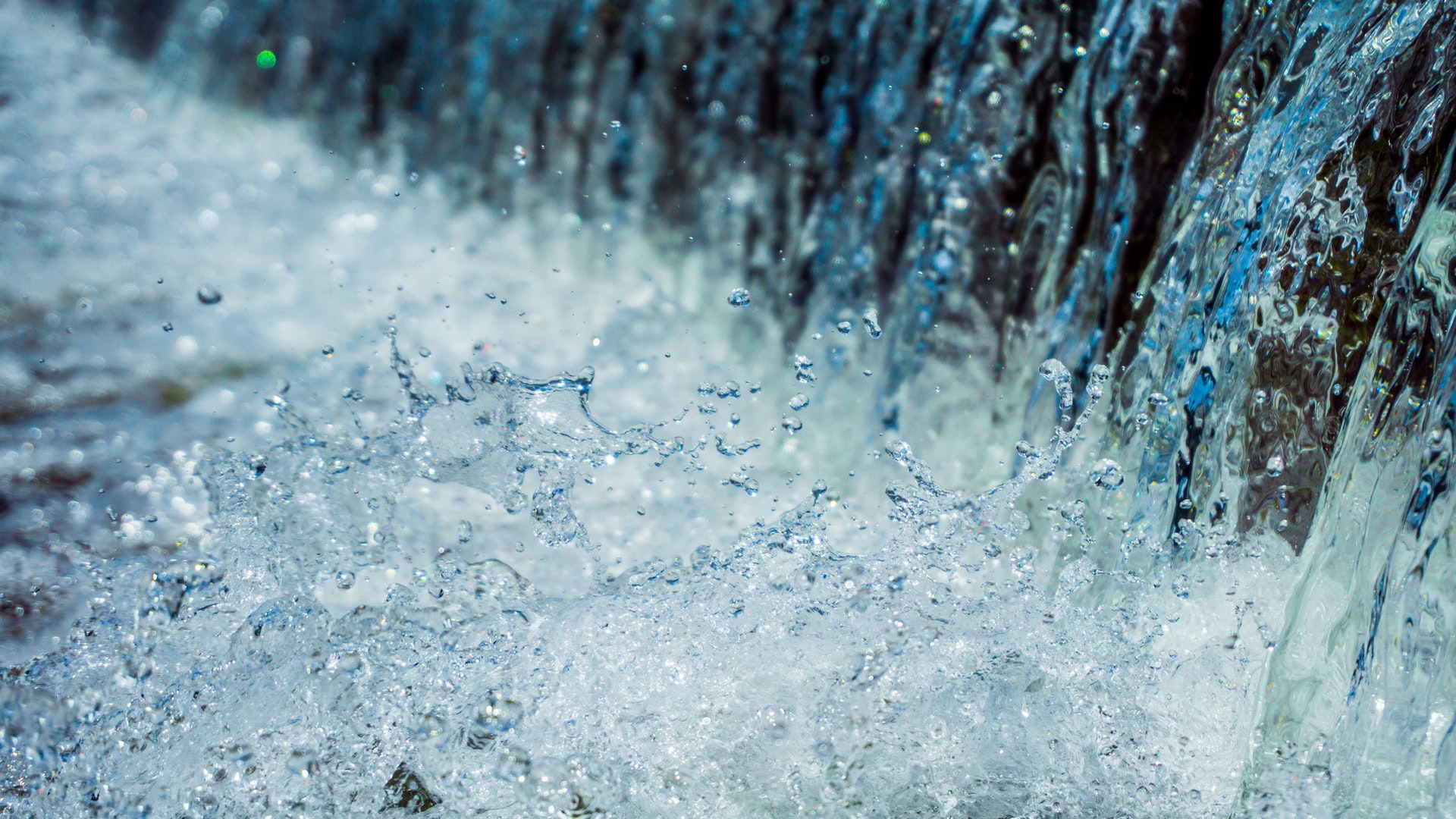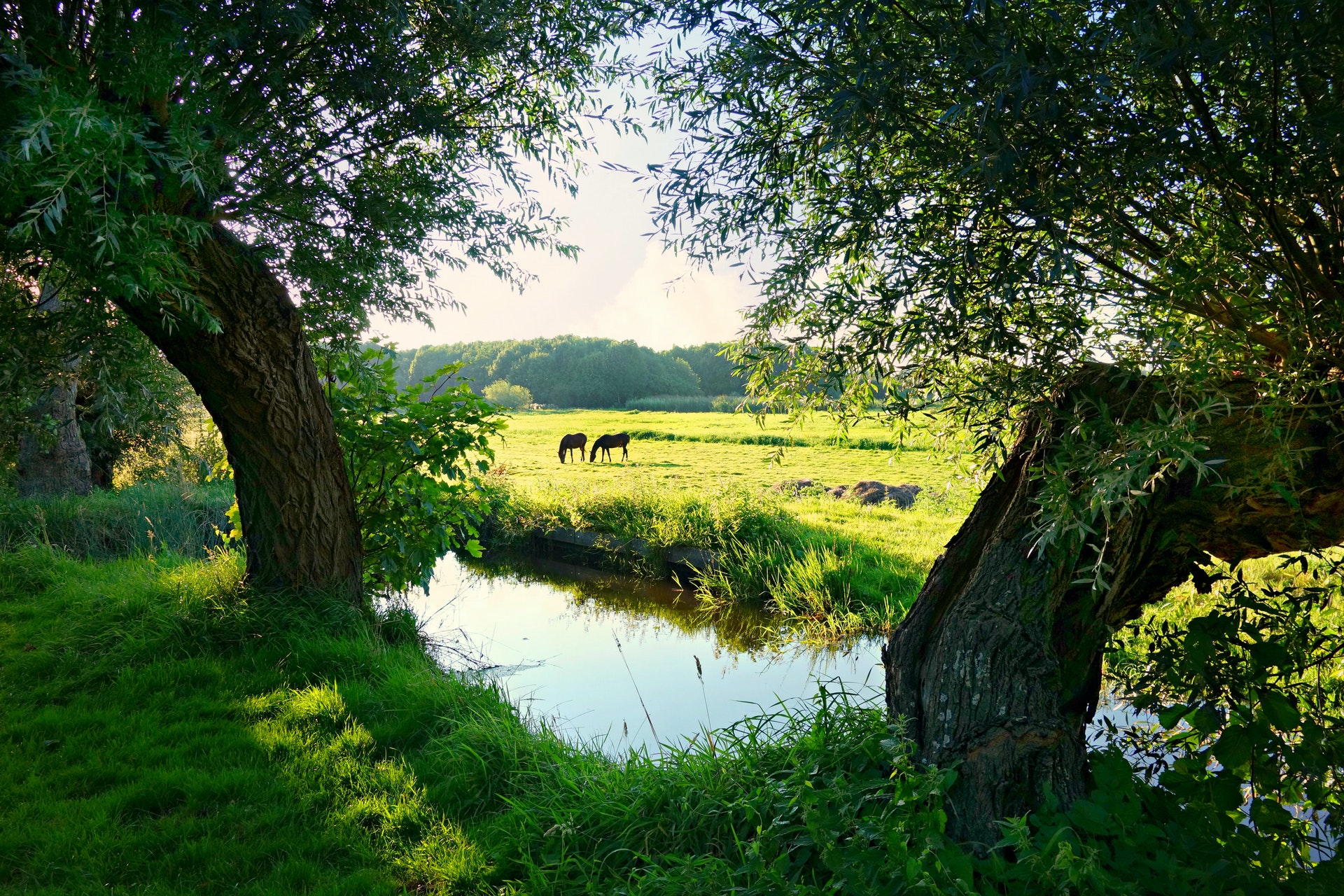Nine months ago, AquaConnect started, and many of the PhDs have finished their research proposal and started their practical work. In this series, the AquaConnect PhD-students will be introduced, beginning with Alessia, Jan and Jill. In the beginning of June, Alessia, Jan and Jill went on fieldwork in collaboration with KWR and water authority Vechtstromen. KWR is responsible for coordinating the AquaConnect demonstration region ‘Higher Sandy Soils’.
Haaksbergen pilot
The fieldwork trip took place in Haaksbergen (Figure 1), where KWR manages a pilot in collaboration with water authority Vechtstromen in which treated effluent from the local wastewater treatment plant is infiltrated to increase the groundwater levels and maintain the soil moisture in dry periods (https://www.klimap.nl/proefgebieden/klimaatadaptieve-drainage-te-haaksbergen). The aim of this pilot is to quantify the risks of contamination of vegetation, soil and deeper groundwater as a result of the irrigation with treated effluent (https://library.kwrwater.nl/publication/62185245/).

Water and soil samples for non-target analysis by Alessia
Alessia studies the biological transformation of micropollutants in the subsurface after different types of application, such as irrigation with treated effluent or groundwater recharge with surface water. To mimic these processes, she will set up bottle and column experiments in which she will analyze the biological transformation of micropollutants using non-target analysis. Eventually she hopes to be able to steer the biological transformation process towards complete mineralization of the micropollutant. For her laboratory experiments, Alessia will use soil microorganisms and groundwater from the Haaksbergen site (Figure 2).

New risk assessment strategies developed by Jan
Jan develops new risk assessment strategies for circular water systems by combining chemical and biological assessment methods. By combining these strategies, Jan will be able to tell which chemicals could be a potential problem for the water quality within the circular water system and should be removed. This allows the development of water treatment technologies that can target on these chemicals. Jan will use the treated effluent and groundwater of the Haaksbergen site for this specific case in which treated effluent is used for irrigation, but will also focus on circular water systems with other applications and water sources.
Soil samples to validate the model that predicts the behavior of micropollutants in the soil developed by Jill
Jill develops a model-framework that predicts the distribution of chemicals that are present in residual streams, concentrates and sludges after these are applied on the soil. These chemicals can adsorb to the soil, but also leak to the groundwater or be taken up in the vegetation. Based on the developed framework, it is possible to identify the fate of the chemicals that are present in a given stream and evaluate its safety for further application. To validate the framework, Jill obtained soil samples from the Haaksbergen site (Figure 3) for laboratory tests. To evaluate the applicability of the framework for different geographical locations, Jill also collaborates with Shell in Qatar, where she took soil samples from experimental facilities in which local soil will be irrigated with treated effluent and planted with different types of vegetation (Figure 4).




